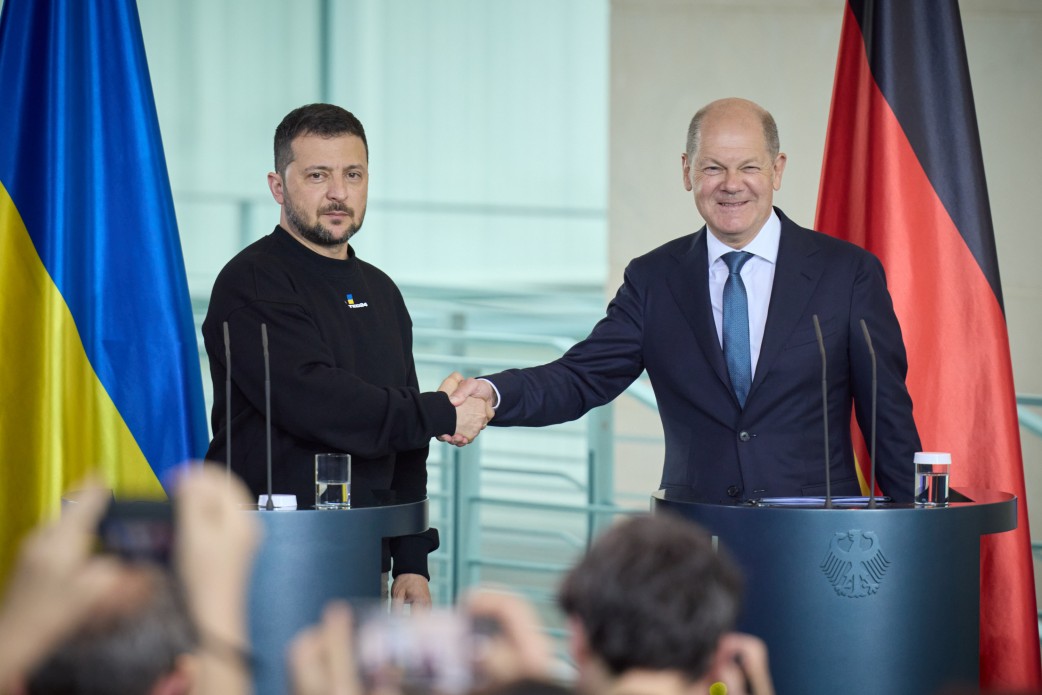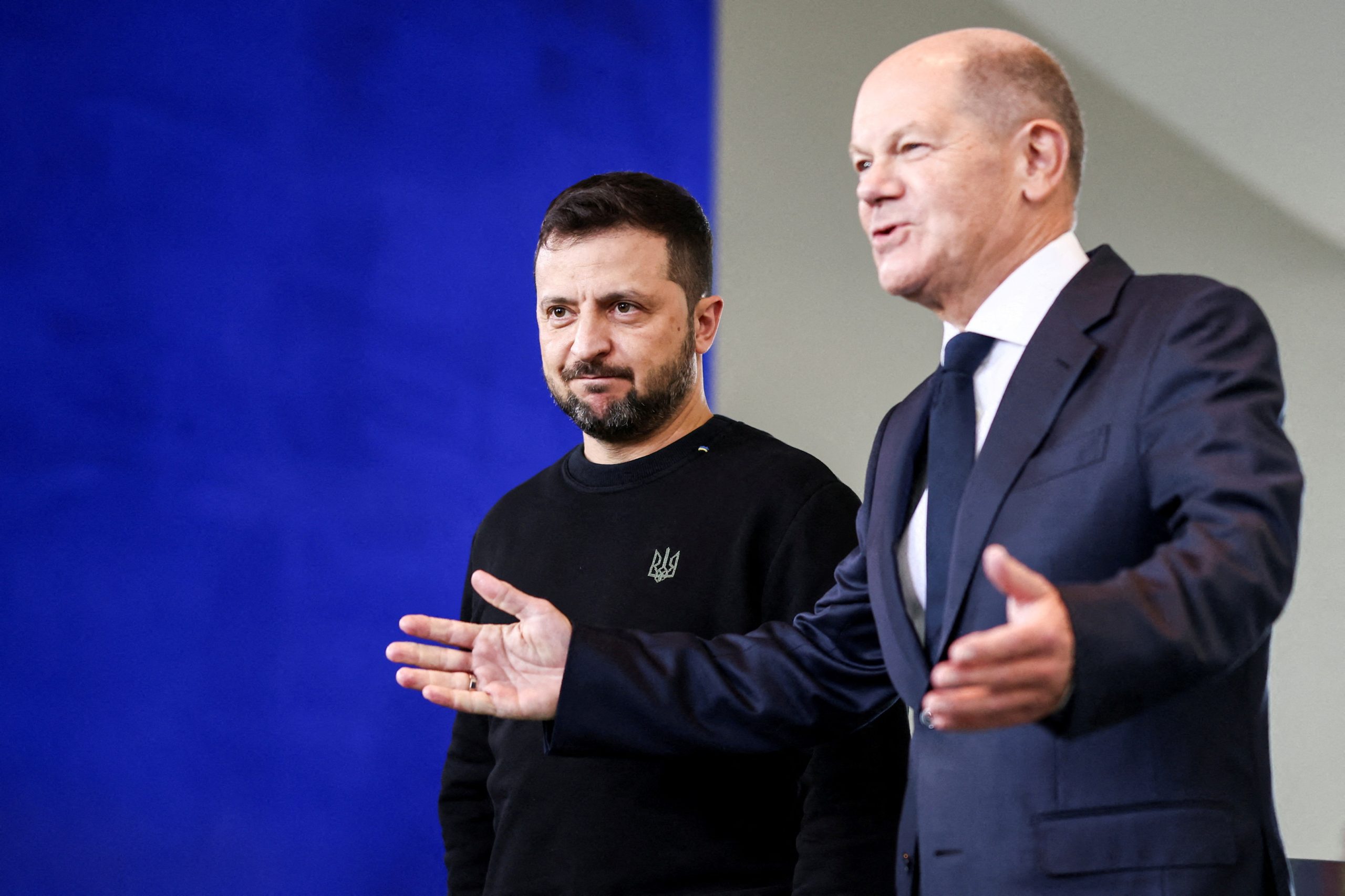Ukrainian President Volodymyr Zelensky criticized German Chancellor Olaf Scholz’s recent phone conversation with Russian President Vladimir Putin, describing it as a step that undermines efforts to isolate Putin. Zelensky argued the call played into Putin’s strategy to break his international isolation without making meaningful concessions.
The call, initiated by Scholz, focused on urging Putin to withdraw Russian forces and engage in talks for a “just and lasting peace,” though Putin emphasized that any agreement must address Russia’s security concerns and reflect territorial changes resulting from the war.
This was Scholz’s first call with Putin in two years, taking place amidst rising domestic political pressures ahead of Germany’s snap election. Scholz’s Social Democrats face criticism from populist parties for not prioritizing diplomacy to end the war.
While Scholz reaffirmed Germany’s commitment to supporting Ukraine, Zelensky and other European officials expressed concerns that such interactions with Putin do little to promote peace and may embolden Moscow’s aggressive policies. Zelensky specifically noted that past talks have failed to shift Russia’s actions meaningfully.

Zelensky Criticizes Scholz-Putin Call, Citing Risks of Undermining Ukraine’s Global Support
The timing of the call raised additional concerns due to Donald Trump’s recent U.S. presidential election victory. Trump has proposed ending the war quickly, though his approach remains unclear and critical of the financial and military aid provided to Ukraine by Western allies.
European diplomats expressed unease, fearing the call could be spun by Moscow to weaken Western resolve. Scholz’s team indicated plans to brief Ukraine, NATO, and EU partners on the outcome, signaling efforts to manage the narrative surrounding the call.
Energy and military issues were also featured in the discussion. Putin mentioned potential energy deals, even as Germany’s reliance on Russian gas ceased after 2022’s pipeline explosions. Scholz raised alarm over reports of North Korean troops being deployed to Russia for combat against Ukraine, describing this as a significant escalation of the conflict. While the two leaders agreed to stay in contact, the substantive outcomes of the call remained unclear, with Scholz reiterating Germany’s steadfast support for Ukraine.
The broader context underscores the difficult circumstances Ukraine faces, including mounting resource shortages and increased Russian advances in the east. Despite Germany’s substantial aid, totaling 15 billion euros, uncertainty looms over future Western support following Trump’s election. The call between Scholz and Putin highlights the complex dynamics of international diplomacy during the ongoing conflict, balancing domestic political pressures, strategic priorities, and the realities of an evolving war.











































